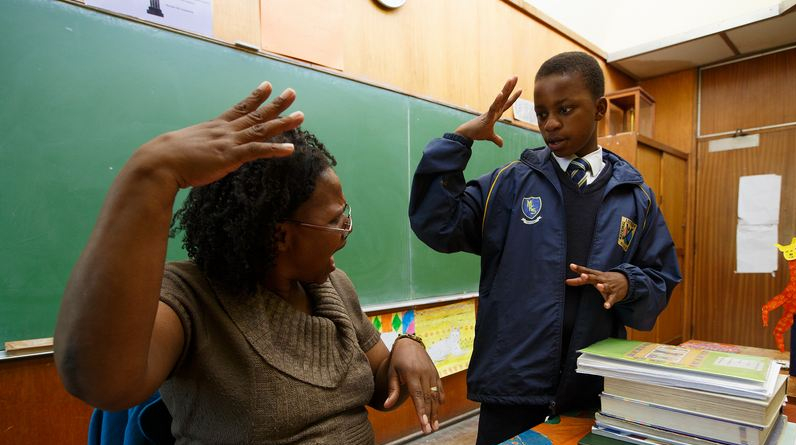Nearly half of the 7,200 students polled by the charity Humen reported that issues with their mental health had a negative effect on their time in college. The study also found that only 4% of employees were provided with “adequate training.”
The founder of Humen, River Hawkins, believes that support should be given “just as much value” as academic results. According to the study conducted by the mental health charity, 57% of the students polled had used some form of service like counselling, helplines, self-help resources, or wellbeing groups at one of the 80 universities surveyed.
It found that 47% of respondents had a negative impression of the experience due to difficulties. Although it is heartening to see some universities performing well in Humen’s university mental health league table, he stressed that all universities needed to make immediate improvements.
The 19-year-old physics major says on Radio 1 Newsbeat, “I was thinking that there was something wrong with me, I’ve had issues in the past where I’ve discovered that there was something wrong with one of my eyes.”
Covid, he says, “overloaded my brain completely in a weird way,” leading him to believe that “something was wrong with me.” Since he was struggling with his mental health in college, he “definitely made me do less stuff,” he says. Humen found that, among male students, 73% had attempted to use campus resources for mental health problems.
However, only 19% of men had a mental health condition officially recognised by a medical professional.
I almost gave up because of how alone I felt. Advocates for students’ mental health are concerned with funding. “Worst student mental health since Covid,” a survey found.
Even though Daniel contacted his university, he says he received helpful emails “a few days” later than the assistance his parents were providing.
Instead, he sought help away from school, engaging in cognitive behavioural therapy, a treatment aimed at alleviating the symptoms of mental health disorders. The doctors explained to me that there was a remote possibility that something besides cataracts was causing my eye problems.
There’s a good chance that I was almost able to make it come true just by thinking about it. During the pandemic, she was also a student, but she had to use the internet to attend classes because of the widespread illness.
Failure to make acquaintance with classmates or other people in your immediate vicinity. For an entire year and a half, the social aspect was removed, as this 21-year-old man puts it.
The majority of classes and even freshman orientation took place online. It was tough to break out of our comfortable little cliques and interact with others. That, more than anything else, had an impact on me. In 2020, Ellie enrolled at UWE Bristol to study sports rehabilitation; she later changed her major to that of a nurse.
See Also: On the eve of his funeral, Tyre Nichols’s family is calling for justice
She considers herself “lucky with the people,” meaning that she had supportive friends and family members nearby. The phrase “Backspace is so convenient” Ellie describes UWE as “very good” with their care because they checked in on her every month to see how she was doing.
But there’s always room for improvement, and having someone to talk to about mental health concerns makes reporting them much simpler. The big picture is much easier to grasp in person than in a written document. It’s simple to type out how you feel and then delete the message. It can make a “big difference” to people, says Daniel, and “in person” support is crucial. As word spreads, more people begin to suspect they have it as well. And they continue talking about it,” he adds.








